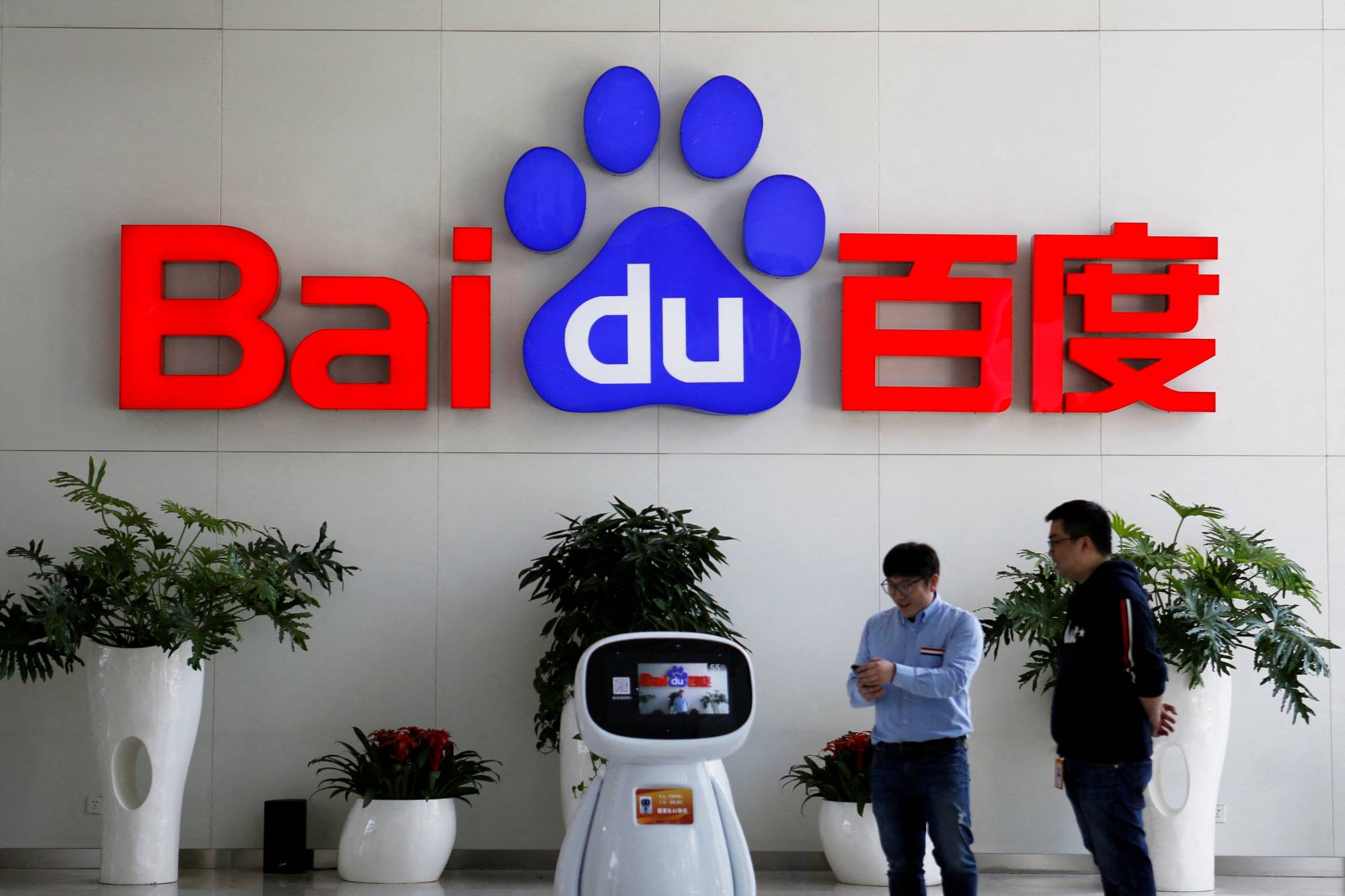Within months of being launched, ChatGPT — an artificial intelligence powered chatbot created by U.S. company OpenAI — attracted tens of millions of users.
A version of the technology has since been integrated into a limited preview version of Microsoft Bing. Technology writers are now speculating about the impact that AI-assisted search engines will have on competition between the U.S. tech giants Google and Microsoft. The rapid speed with which ChatGPT has been adopted represents a broader trend: While AI tools have grown in popularity in recent years, 2023 has been declared the year in which AI becomes a more visible part of daily life.
Any examination of the design, use and effects of artificial intelligence must give ample consideration to trends in China. AI-driven tools are used widely inside the country for politicized content monitoring, censorship and public surveillance. And as the world moves into a new phase of AI integration, the practices pioneered by technology firms at the behest of the Chinese Communist Party (CCP) could have ramifications for internet users, policymakers and companies well beyond China’s borders.



















With your current subscription plan you can comment on stories. However, before writing your first comment, please create a display name in the Profile section of your subscriber account page.